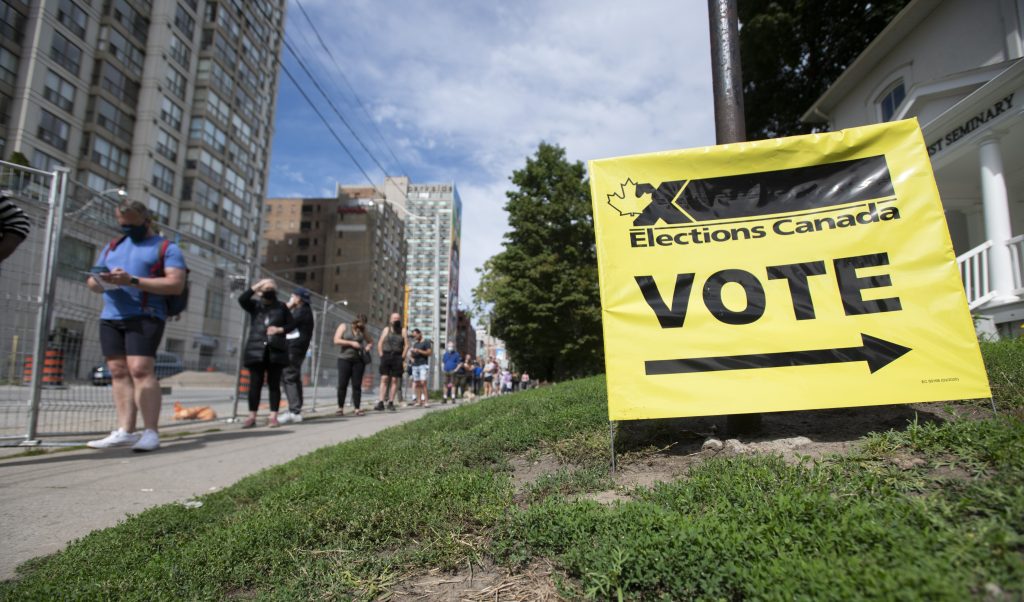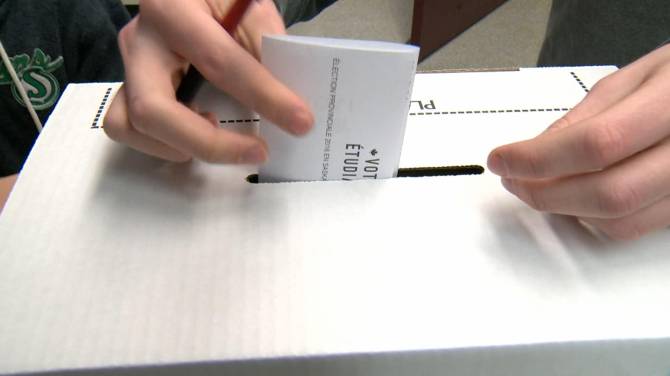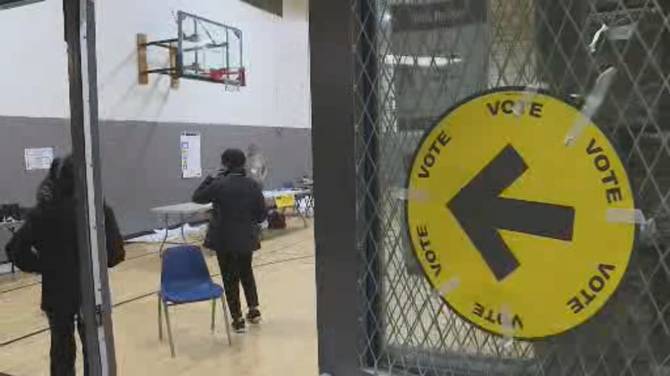The Liberal government has brought forward a law that updates the national Elections Act Elections Act as part of its political agreement with the NDP.
The minister in charge of democratic institutions, Dominic LeBlanc, stated that the changes “will improve Canadians’ ability to cast their vote while also bolstering safeguards against foreign involvement in our elections.”
If the bill is approved, it would extend advanced voting by two days, make a campus voting program permanent, and make progress towards allowing voters to cast their ballot at any polling station in their electoral district.
It also suggests adding on-site voting for residents of long-term care homes and improving the process for mail-in voting.
LeBlanc, who also serves as the public safety minister, highlighted that the amendments are the result of collaboration with the New Democrats.
MP Daniel Blaikie negotiated the bill for the NDP. He joined LeBlanc for what he indicated would likely be his final media appearance on Parliament Hill before his departure at the end of the month. He is set to take on a new role with Manitoba’s premier.
“There are often Canadians who are struggling to balance the obligations of work and family in a day as well as get to polling stations in order to be able to vote,” Blaikie said.
“And that’s why we felt it was very important to try and expand access and have more days upon which Canadians could vote.”
The bill includes a study to expand federal elections to a three-day voting period rather than a single election day.
That falls short of the Liberal-NDP agreement, which promised that the parties would work together to make that a reality.
LeBlanc said the intention was to have elections fall on a Saturday, Sunday and Monday, as well as for people to be able to vote from any polling place in their riding right away.
But Elections Canada “identified some reasonable concerns,” including the challenge of finding “suitable locations” for polling places over a three-day period.
“Elections Canada came to us with some thoughtful operational challenges,” said LeBlanc.
“We think that they need to be mandated by Parliament to come back with a precise timeline of how we can get to that. We thought it was a very reasonable objective.”
Under the agreement, the New Democrats are supporting the minority Liberals on key House of Commons votes in exchange for progress on shared priorities.
The two-year anniversary of the deal, known as a confidence-and-supply agreement, is later this week.
Federal law requires that the next election be held no later than October 2025.
LeBlanc said the intention is for parliamentarians to “ensure that this legislation can be in place as quickly as possible” so updates are ready by then.





